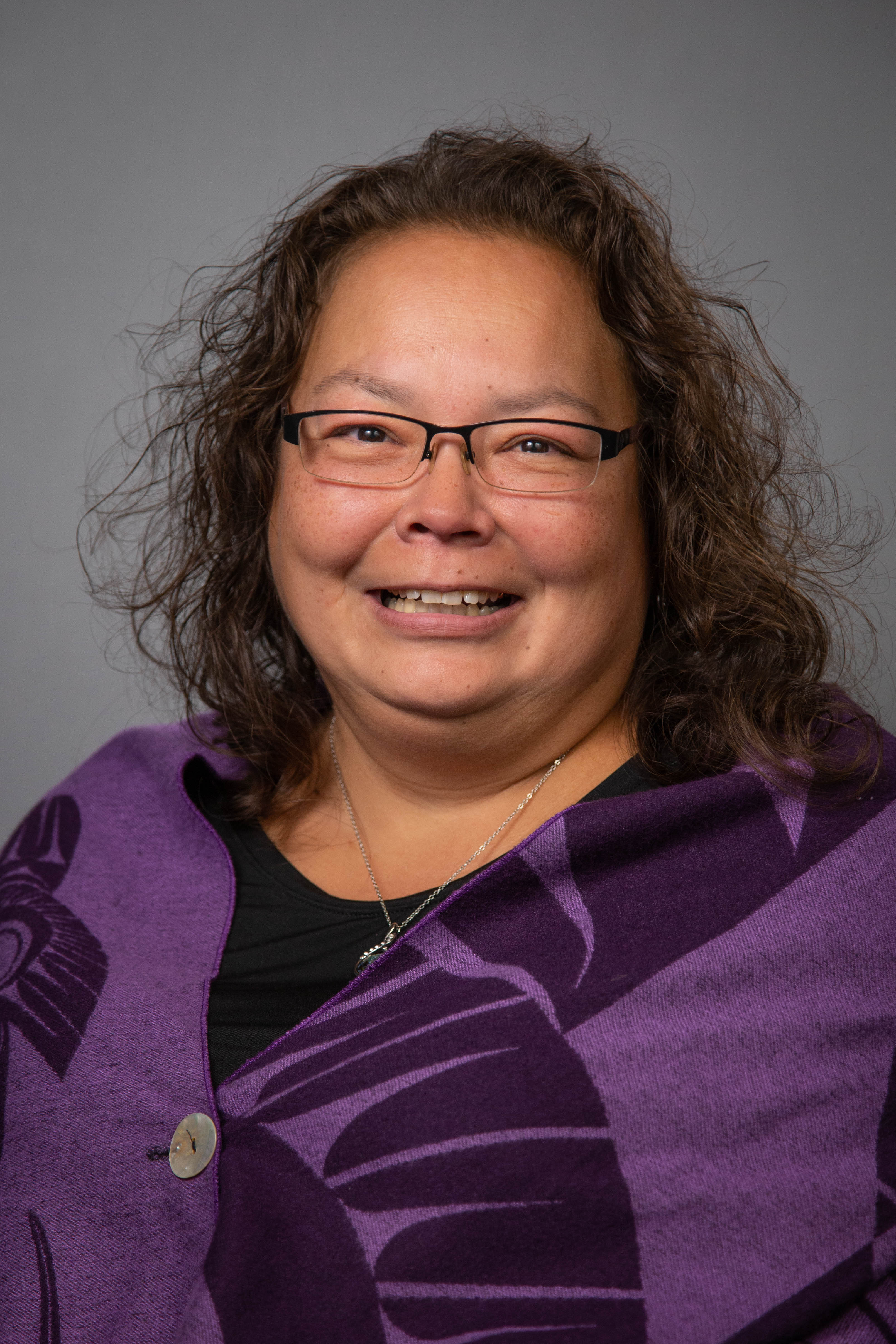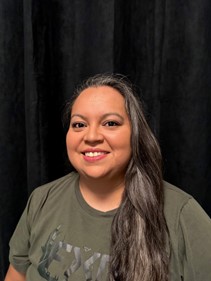Indigenization is a process of naturalizing Indigenous knowledge systems and making them evident to transform spaces, places, and hearts. In the context of post-secondary education, this involves bringing Indigenous knowledge and approaches together with Western knowledge systems. This benefits not only Indigenous students but all students, teachers, and community members involved or impacted by Indigenization.
Elders and Knowledge Keepers: Beyond the Welcome
Embracing Elders and Knowledge Keepers: Beyond the Welcome is to support UFV faculty, staff, and students who are interested in engaging Elders and Knowledge Keepers in their classrooms and or special events related to courses that occur both on and off the four UFV campus locations. This is a “living” guide that will continue to be updated based on wisdom from Stó:lō Elders.
Embracing Elders Resource Guide
UFV's Indigenization specialists
UFV’s Indigenization Specialists play an integral part of the work of Indigenization, decolonization, and reconciliation at UFV. The Indigenization Specialists work with faculty, staff, and students to respond to the Truth and Reconciliation Commission’s 94 Calls to Action and UNDRIP. The Indigenization Specialists are available to work one-on-one, small and large groups to assist and support faculty and staff by building relationships while supporting Indigenization and reconciliation efforts in the world of academia from an Indigenous perspective.
Indigenizing the Academy - Resources
A bibliography of resource materials compiled by Lorna Andrews.
See the resources
Educators Journey Towards Reconciliation (EJTR)
In-person workshop
During this workshop we will go through a journey to discover challenges and best practices in decolonizing the classroom and, our education practice. We will explore strategies for creating a culturally safe learning environment and indigenizing through reconciling Indigenous worldviews, ways of knowing and being while we Indigenize our teaching practice and curriculum. We will practice reciprocity, respect, responsibility, and relevance throughout our journey together.
Date: Monday, August 19 – Tuesday, August 20
Time: 9:00 am – 4:00 pm
Location: G124 on the UFV Abbotsford Campus.
Use the form below to let us know you're interested, or if you are interested in any future EJTR events.
See upcoming sessions
Weaving Knowledge Systems (WKS)
In-person workshopOnline workshop
This workshop provides you with hands-on experience and resources that will bring together Indigenous and Western worldviews based on your subject area. We will explore experiential activities to weave cultural safety/humility, Indigenous Ways of knowing and being, Indigenous worldviews, into your course(s)/practice.
Date: Monday, August 26 – Wednesday, August 28
Time: 9:00 am – 4:00 pm
Location: G124 on the UFV Abbotsford Campus.
Use the form below to let us know you're interested, or if you are interested in any future WKS events.
Workshop request form
Ey swáyel
The Indigenization Committee of the FECHD worked with colleagues from the College of Arts, the FPS, and the Teaching and Learning Office to create this video and we are excited to share it with faculty, staff, and students at UFV. We were hearing a number of concerning stories from Indigenous faculty and students regarding microaggressions they were experiencing in classrooms, meetings, and in the hallways at UFV. These micoagressions are contributing to a lack of cultural safety on our campuses. We wanted to create a video to encourage conversation, share resources, and provide an entry point into considering how to make UFV a more culturally safe environment for everyone.
This video looks specifically at territorial acknowledgements and introductions with guidance from UFV Elders. It includes examples and discussions from interdisciplinary perspectives. It is not a ‘how-to guide,’ nor does it represent the official expectations of UFV. Instead, it provides some guidance around important things to consider when starting to Indigenize and decolonize our work and spaces at UFV.
As you watch the video, we encourage you to pause and consider what is being shared. How can this inform what you do in your own classrooms? How do we go about creating space for different perspectives? What microaggressions have you contributed to? How can we keep our ongoing work around Indigenization and decolonization authentic and from the heart, as opposed to a checklist of things to do?
Finally, we encourage you to share your thoughts and reflections with colleagues as we move towards making this an ongoing conversation on our campuses. If you have any questions, please do not hesitate to email the Chair of the Indigenization Committee at Sheryl.macmath@ufv.ca.


